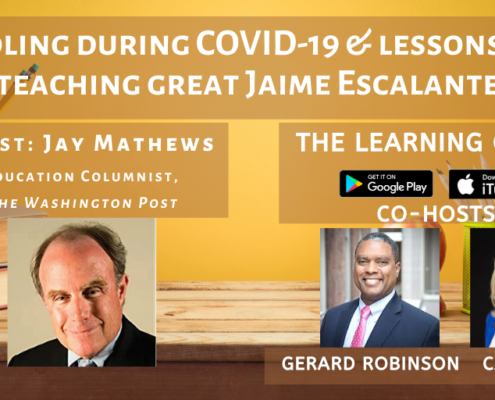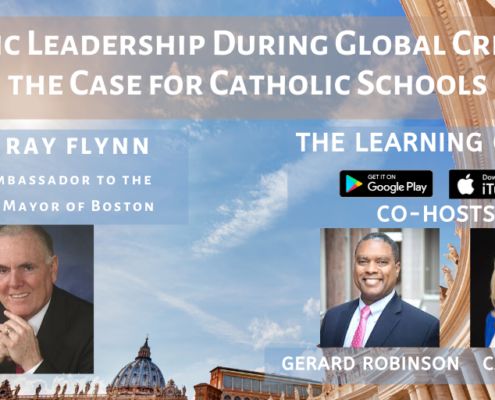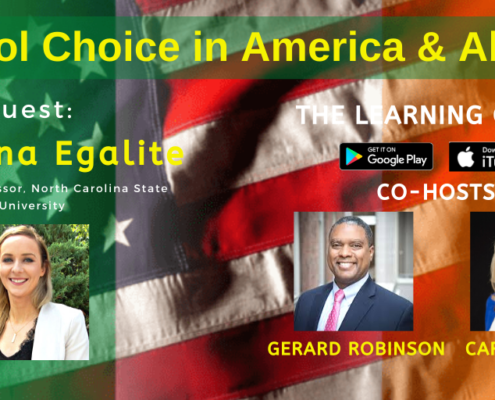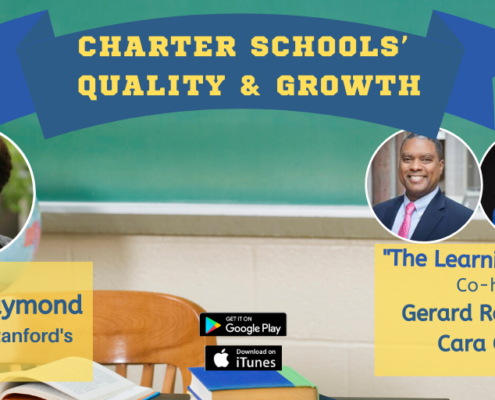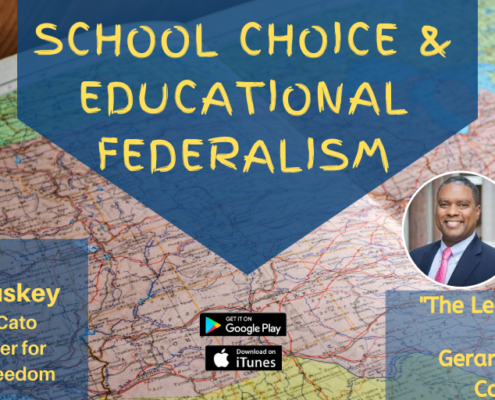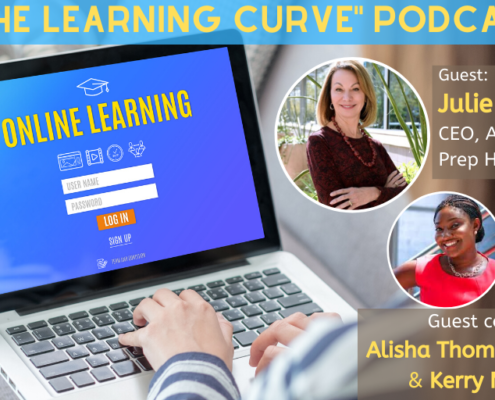UConn’s Prof. Wayne Franklin on James Fenimore Cooper, The Last of the Mohicans, & American Democracy
This week on “The Learning Curve,” Cara and Gerard are joined by Wayne Franklin, professor of English at the University of Connecticut and definitive biographer of the American literary figure James Fenimore Cooper. As we celebrate Native American Heritage Month, Prof. Franklin reviews Cooper’s background and major works, especially the “Leatherstocking Tales,” including The Last of the Mohicans, which are distinguished for their enlightened and sympathetic portrayal of the disappearing tribes. Franklin discusses why these books, set in upstate New York in the middle of the 18th century, and their memorable protagonists have captivated generations of readers for over a century, and why Cooper deserves more contemporary study and appreciation. They also explore Cooper’s lessons about the importance of constitutionalism, liberty, self-government, and civic knowledge as the basis for the rule of law in our republic. Prof. Franklin concludes with a reading from The Last of the Mohicans.
Stories of the Week: In Europe, despite a COVID-19 surge that has prompted closures of restaurants, theaters, and gyms, schools remain open. Are there lessons for the U.S.? Some prominent names have been floated to serve as the next U.S. Secretary of Education – among them, Eduardo Padron, president emeritus of Miami Dade College; Randi Weingarten, president of the American Federation of Teachers; and Lily Eskelsen García, former president of the National Education Association – but would they accept?
Interview Guest:
 Wayne Franklin is professor of English at the University of Connecticut. He has authored the two-volume, definitive biography James Fenimore Cooper: The Early Years (2007) and James Fenimore Cooper: The Later Years (2017), both from Yale University Press. Each volume was selected as an Outstanding Academic Title by Choice magazine, while the first volume won an award from the Association of University Presses. He has also authored books on early American travel writing, Discoverers, Explorers, Settlers (1979); the frontier fiction of Cooper, The New World of James Fenimore Cooper (1982); and Mapping American Culture (1992), co-edited with Michael Steiner. He founded the University of Iowa Press’s American Land and Life series in 1990, eventually editing some 30 books in it, and for 20 years was among the editors of the Norton Anthology of American Literature. Professor Franklin taught at the University of Iowa, where he was one of the founding faculty members in Iowa’s American Native/Native Studies program, and served as Davis Distinguished Professor of American Literature at Northeastern University. Franklin came to UConn in 2005 to serve as director of its American Studies program, and in 2009 was chosen head of the UConn English department. He earned a B.A. in English from Union College and received his M.A. and Ph.D. in English from the University of Pittsburgh.
Wayne Franklin is professor of English at the University of Connecticut. He has authored the two-volume, definitive biography James Fenimore Cooper: The Early Years (2007) and James Fenimore Cooper: The Later Years (2017), both from Yale University Press. Each volume was selected as an Outstanding Academic Title by Choice magazine, while the first volume won an award from the Association of University Presses. He has also authored books on early American travel writing, Discoverers, Explorers, Settlers (1979); the frontier fiction of Cooper, The New World of James Fenimore Cooper (1982); and Mapping American Culture (1992), co-edited with Michael Steiner. He founded the University of Iowa Press’s American Land and Life series in 1990, eventually editing some 30 books in it, and for 20 years was among the editors of the Norton Anthology of American Literature. Professor Franklin taught at the University of Iowa, where he was one of the founding faculty members in Iowa’s American Native/Native Studies program, and served as Davis Distinguished Professor of American Literature at Northeastern University. Franklin came to UConn in 2005 to serve as director of its American Studies program, and in 2009 was chosen head of the UConn English department. He earned a B.A. in English from Union College and received his M.A. and Ph.D. in English from the University of Pittsburgh.
The next episode will air on Wednesday, November 25th, 2020 at 12 pm ET with guest, Carl Bistany, the president of SABIS® Educational Systems.
Tweet of the Week:
We need you to stand up for all our kids, wherever they live, and however their parents choose to educate them.@JoeBiden https://t.co/4jwLAgQlh5
— Citizen Chris (@citizenstewart) November 13, 2020
News Links:
Speculation Over Biden’s Education Secretary
https://www.insidehighered.com/news/2020/11/11/who-will-be-bidens-education-secretary
Lessons From Europe, Where Cases Are Rising But Schools Are Open
Get Updates on Our Education Research
Related Posts

